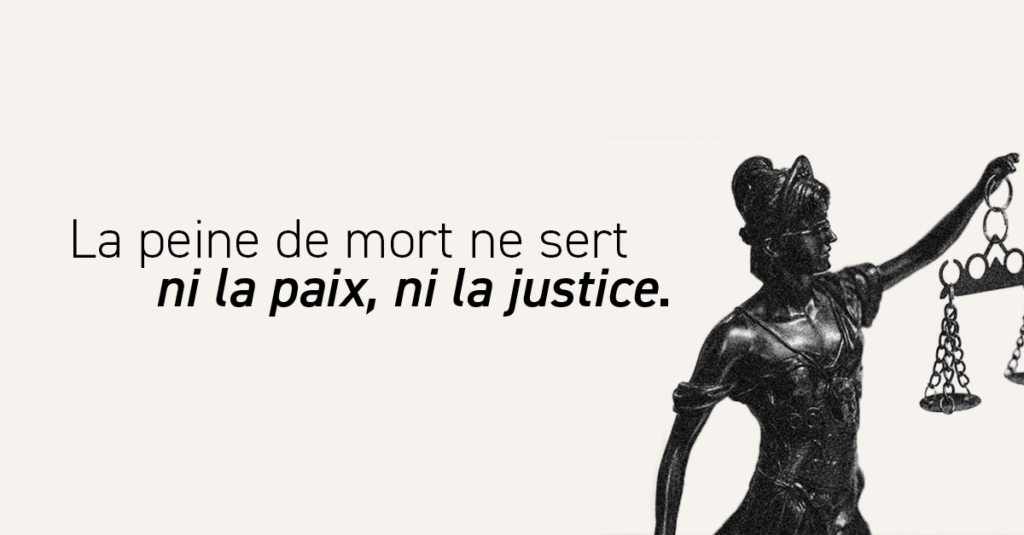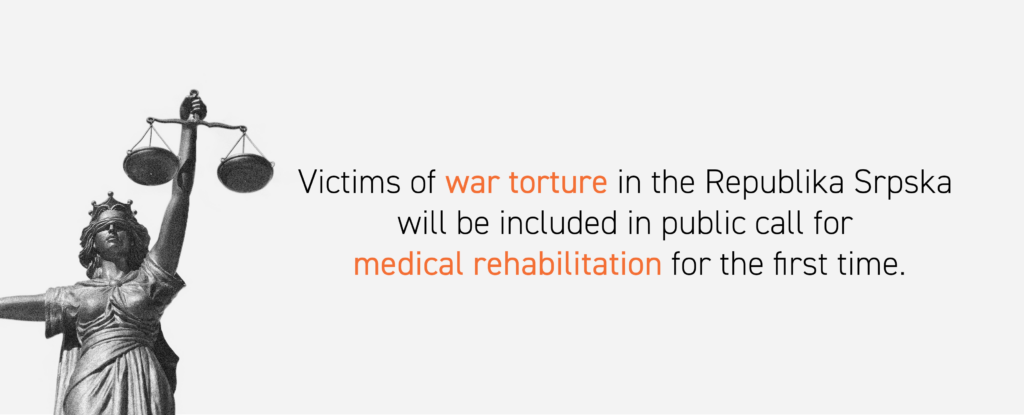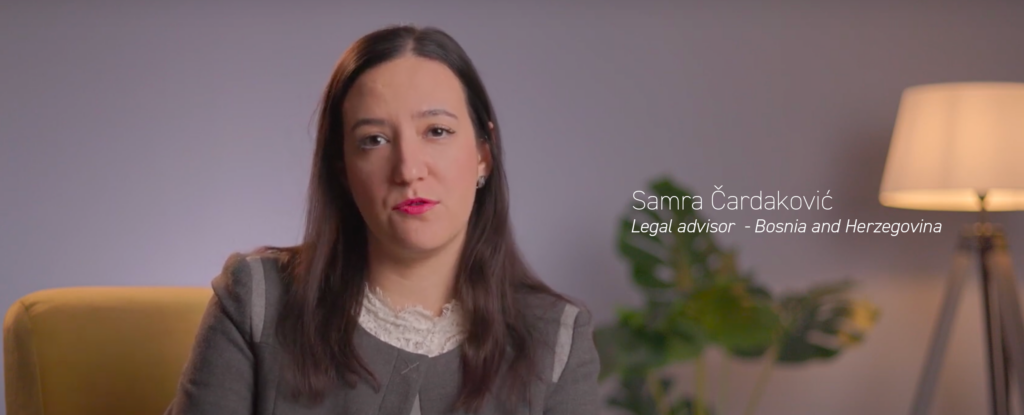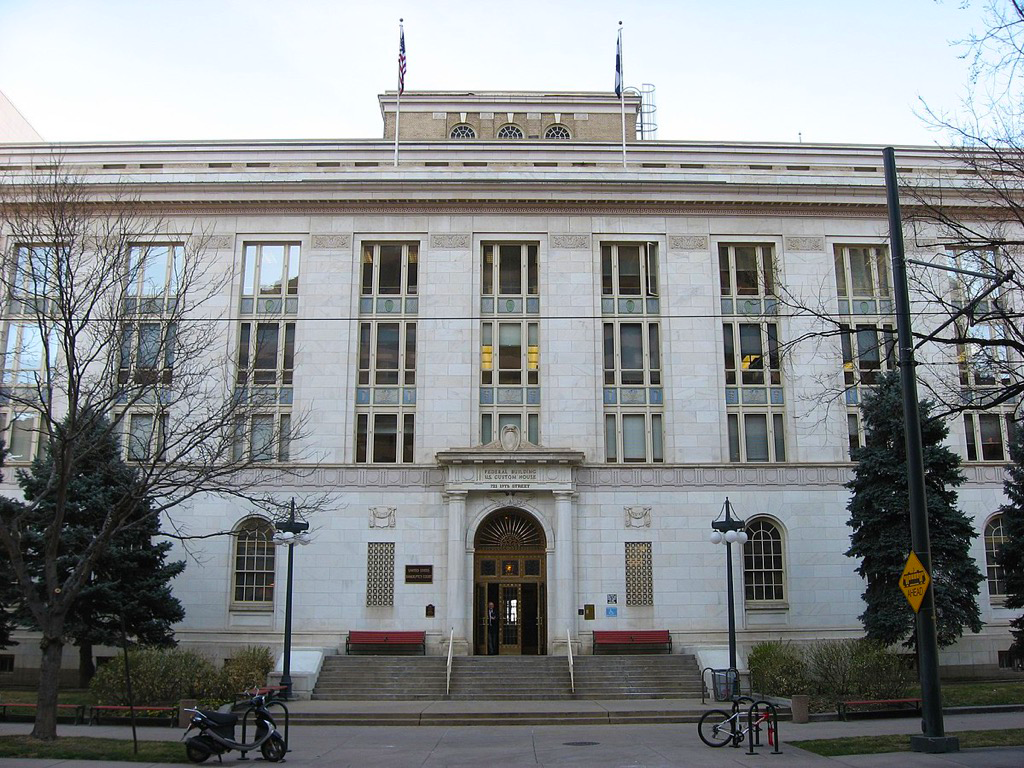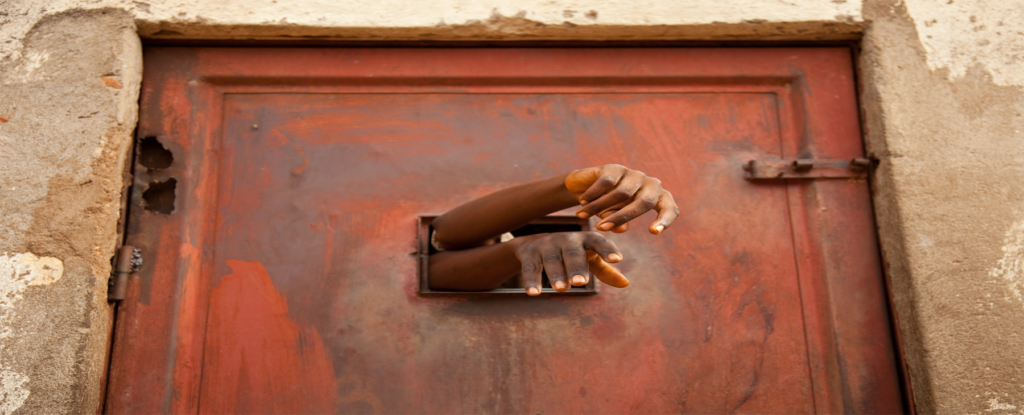Grave and multiple violations of the rights of Idriss and Juma Aboufaied since November 2006
The case
In April 2008, a joint individual communication was lodged by TRIAL and the organization Al-Karama for Human Rights before the United Nations Human Rights Committee on behalf of Tahar Mohamed Aboufaied, who acts for his brothers, Idriss and Juma Aboufaied.
Idriss and Juma Aboufaied have been arbitrarily arrested by members of the Libyan Internal Security Agency (ISA) and held incommunicado for long periods. Mr. Idriss Aboufaied has been subjected to torture while in custody. He may face the death penalty at the end of an ongoing judicial procedure which lacks the most elementary guarantees of fairness and equity. His brother, Juma Aboufaied, who has not been able to communicate with his relatives, remains in detention in an unacknowledged location. No grounds have been given for his detention and no charge has been laid against him.
Idriss Aboufaied is a renowned Libyan human rights activist who has openly called for political reform in his country. After 16 years in Switzerland as a refugee, he returned to Libya, following Colonel Khaddafi’s promises not to persecute exiled political opponents who were willing to return. He was interrogated by ISA agents upon his arrival at Tripoli Airport on 30 September 2006, and his passport was confiscated.
On 5 November 2006 he was arbitrarily arrested and held in incommunicado detention for the next 54 days, until he was freed on 29 December 2006. While in detention, he had to be transferred to a hospital as a result of the torture inflicted by his captors. After his release, having declared his determination to continue his struggle for democracy, he and other critics of the regime undertook to organise a peaceful demonstration, which was to take place on 17 February 2007 and aimed at calling for the rule of law and the respect of human rights in Libya.
The day before the date of the planned demonstration, internal security agents once again arrested Idriss Aboufaied and 11 other co-organisers of the demonstration, namely Jamal Alhaji, Fareed Azway, Almahdi Hmeed, Assadiq Hmeed, Faraj Hmeed, Adel Hmeed, Ali Hmeed, Ala Adrisi, Assadiq Gashoot, Bashir Alharis and Ahmad Alabeedi. They have all been in prison since then and have made allegations of torture.
Immediately after Idriss Aboufaied’s second detention, his brother, Juma Aboufaied, telephonically informed persons abroad about the incident. Three hours later, he was detained by internal security agents, in all likelihood in connection with these phone calls.
Another Libyan citizen, Abdelrahman Al-Gteewi, was also arrested. Neither he nor Juma Aboufaied has had any possibility of contact with the outside world. Neither of them has been charged, and the authorities have refused to deliver any information about their fate and whereabouts.
Two months after their arrest, criminal charges were laid against the 12 men detained in connection with the demonstration planned for 17 February 2007. They are currently being tried by the Revolutionary Security Court, a special tribunal for opponents of the regime. After several months of an ostensibly unfair procedure, the Court has announced that the final verdict will be pronounced on 15 April 2008. The accused may face the death penalty.
All judicial and other legal remedies provided for by Libyan legislation are de factounavailable to victims of crimes perpetrated for political reasons, due to the high risk – almost certainty – of severe reprisals against those who would bring accusations against the State and the great difficulty (within the context of the generalized terror prevailing in Libya) that such persons would have in availing themselves of the assistance of a lawyer. In addition, such legal actions would have no chance of success, owing to the lack of independence of the national tribunals.
The author of the communication requests the Committee to recognize that Libya has violated, as a result of the facts described above:
- with regard to Idriss Aboufaied: his rights to an effective remedy; to life; not to be subject to torture or ill-treatment; to freedom and security of the person; to be treated with respect for his human dignity while in detention; to freedom of movement; to a fair trial, and to be recognized in all circumstances as a legal person (articles 2 § 3, 6 § 1, 7, 9 §§ 1, 2, 3 and 4, 10 § 1, 12 § 2, 14, 16, 19 and 21 of the International Covenant on Civil and Political Rights),
- as to Juma Aboufaied: the rights to an effective remedy; to life; not to be subject to torture or ill-treatment; to freedom and security of the person; to be treated with respect for his human dignity while in detention; and to be recognized in all circumstances as a legal person (articles 2 § 3, 6 § 1, 7, 9 §§ 1, 2, 3 and 4, 10 § 1 and 16 of the Covenant) and,
- finally, regarding the author himself, the rights to an effective remedy and not to be subject to torture or ill-treatment (articles 2 § 3 and 7).
The general context
These facts come within the context of the relentless repression suffered by those who dare to criticize the regime of Colonel Khadafi, who has ruled the country with an iron fist for nearly 40 years now. The security forces – especially the Internal Security Agency – have notoriously committed the worst abuses on a large scale and with total impunity. Opponents of the government are the main targets of such practices.
Heavy punishments imposed after procedures which grossly disregard basic procedural guarantees – such as the ongoing trial against the abovementioned 12 accused men – constitute a common instrument of repression against dissidents in Libya.
The practice of incommunicado detention for long periods is also common, and past experiences can only give rise to pessimism concerning the fate of Juma Aboufaied and Abdelrahman Al-Gteewi, who still remain missing today.
The decision
In May 2012, the Human Rights Committee communicated its decision (called “views” in the UN language).
The Committee held that Libya violated Articles 7, 9, 10 § 1 and 16 of the International Covenant on Civil and Political Rights with regard to Idriss and Juma Aboufaied. It also found a violation of Articles 12 § 2 and 14 § 1, 3(a) and 3(d) vis-à-vis Idriss Aboufaied. The Committee further found a violation of Article 2 § 3 of the Covenant, read in conjunction with Articles 6 § 1, 7, 9, 10 § 1, 12 § 2 and 16.
The Committee also held that Libya violated Article 7 of the ICCPR, taken alone and in conjunction with Article 2 § 3, with regards to the author of the communication.
The Committee requested Libya to provide the author and his brothers with an effective remedy, including “a thorough and effective investigation into the disappearance of Idriss and Juma Aboufaied and any ill-treatment that they suffered in detention”, to give them “detailed information on the results of its investigation” and to prosecute, try and punish those responsible for the disappearance or other ill-treatment of Idriss and Juma Aboufaied. Libya was also required to pay an appropriate compensation to the author and his brothers for the violations endured.

